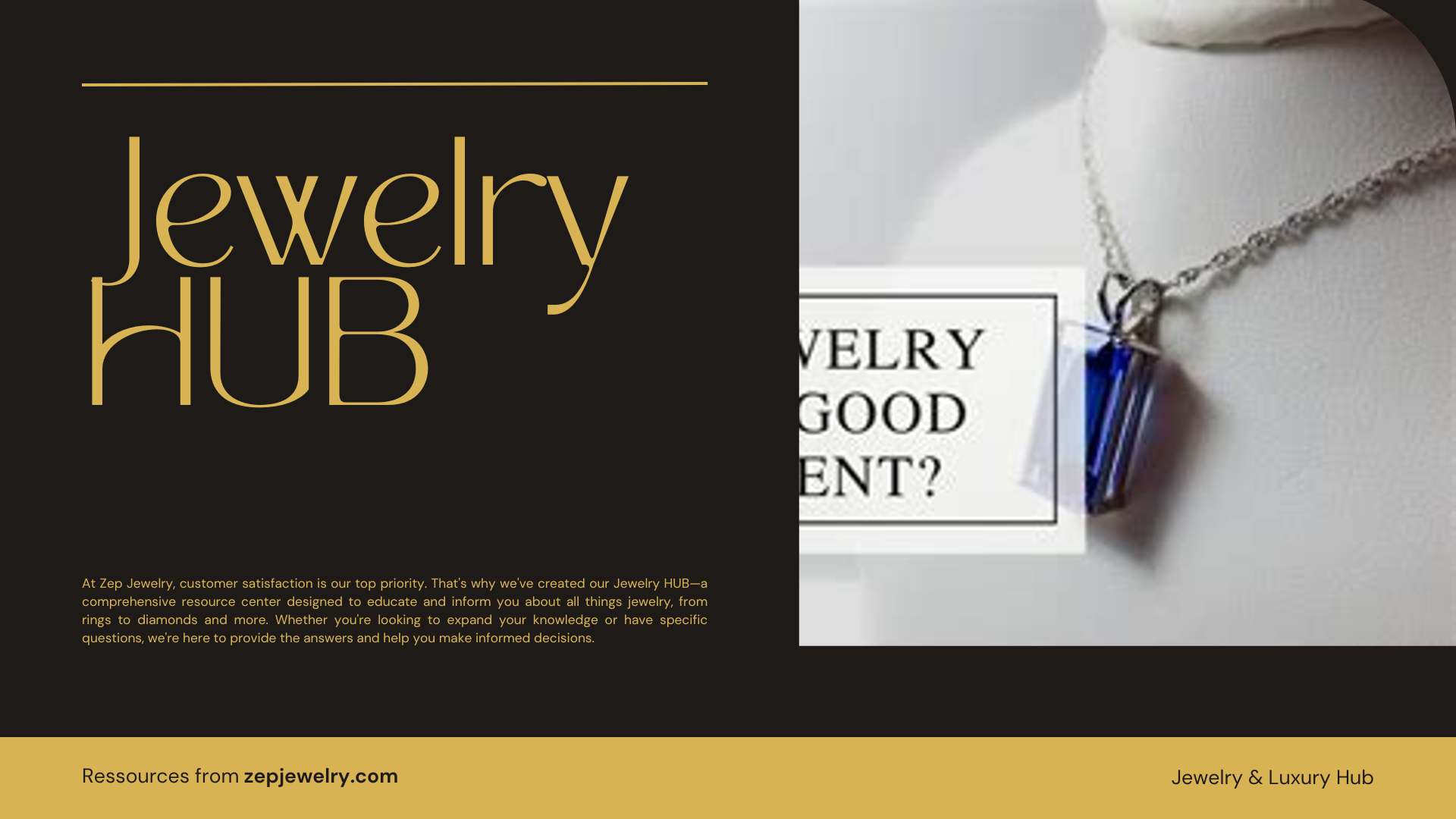Is jewelry a good investment? Imagine holding a diamond-studded heirloom that not only sparkles on your wrist but also builds wealth in your portfolio. While many may view jewelry simply as a dazzling accessory, it offers much more than meets the eye. Crafted from precious metals and rare gemstones, high-quality jewelry can be a savvy financial decision, holding its value and often even appreciating over time. As the market for unique pieces continues to grow, understanding the investment potential of these luxurious adornments is becoming increasingly essential for both collectors and casual buyers alike.
Is high-quality jewelry a good investment?
Is high-quality jewelry a good investment?
Investing in high-quality jewelry is indeed a worthwhile pursuit, especially when the pieces are crafted from precious materials such as gold, platinum, and rare gemstones. These luxurious items not only maintain their value but often appreciate over time, thanks to their intrinsic qualities and the growing demand for unique and exquisite pieces. The resale market is a testament to this, where meticulously selected jewelry can yield impressive returns, provided you choose wisely by considering factors like craftsmanship, rarity, and brand reputation.
When you invest in high-quality jewelry, you’re not just acquiring an accessory; you’re securing an asset that has the potential to grow in value. This growth is driven by several factors, including the increasing rarity of certain gemstones and the consistent appeal of fine craftsmanship. For instance, items that incorporate exceptional diamonds or unique colored gemstones, such as sapphires and rubies, can significantly enhance their investment value. Over the years, gems such as these have demonstrated remarkable appreciation, largely due to their limited supply and increasing global demand.
Moreover, the liquidity of fine jewelry adds to its allure as an investment. Unlike stocks or real estate, high-quality jewelry can be sold relatively easily, allowing you to cash in when the market is favorable. This flexibility means you can enjoy wearing beautiful pieces while also having the peace of mind that they could provide substantial returns in the future. In addition, well-documented pieces from renowned brands or with authentic certificates often carry even more value and buyer interest, making them more desirable within the investment community.
In conclusion, while investing in jewelry should primarily be a reflection of personal taste and aesthetic appreciation, the financial merits are significant. Carefully curated pieces, especially those made from high-quality materials and crafted by skilled artisans, can serve as both stunning adornments and lucrative investments in the long run. So, if you’re contemplating making such an investment, consider factors like quality, rarity, and personal enjoyment, as these will enhance both your experience and your financial potential.
What types of jewelry tend to appreciate in value?
While no single type of jewelry universally appreciates more than others, items that have sentimental value or heirloom status often prove to be more valuable over time. Antique pieces, or those crafted by renowned designers, can hold significant monetary value due to their rarity, age, and craftsmanship. Additionally, high-quality genuine gemstones, particularly those that are rare or of exceptional quality, tend to maintain or increase in value.
How does the material of the jewelry impact its investment potential?
The material plays a crucial role in determining a piece of jewelry’s investment potential. Jewelry made with high-quality metals like gold and platinum maintains a stable value compared to items made with cheaper metals or mediocre craftsmanship. Similarly, fine gemstones—the rarer, the better—such as sapphires, emeralds, and rubies, significantly enhance the piece’s potential value. The enduring quality of these materials, alongside their market demand, makes them solid choices for investment.
Can you liquidate jewelry investments easily?
Jewelry generally offers a reasonable level of liquidity compared to other investments, meaning you can sell it when needed without excessive difficulty. However, the selling price can fluctuate based on prevailing metal prices, the quality of the gemstones, and current market demand. High-demand pieces, particularly from renowned brands, may even command premium resale prices, making it easier to recoup initial investments.
What role does emotional value play in jewelry as an investment?
Emotional value is a significant factor in jewelry investment, as the pieces often represent more than just financial worth. Investing in jewelry that you appreciate and enjoy wearing can enhance your overall satisfaction. Should you choose to sell the piece later, its sentimental value may also impact the buyer’s willingness to pay, especially for unique or historically significant items. Hence, personal enjoyment can coexist with investment strategy.
Should I consider certificates of authenticity when purchasing jewelry?
Yes, obtaining a certificate of authenticity or appraisal from a reputable source is highly advisable when purchasing jewelry as an investment. This documentation helps validate the quality of materials, craftsmanship, and overall value of the piece, making it easier for future resale. Certificates from independent gemological laboratories carry greater weight and assurance, which is beneficial should you choose to sell or pass on the jewelry.
Are brand-name pieces of jewelry a better investment?
Brand-name pieces can indeed offer better investment returns, especially if they are unique or limited-edition items. High-end brands like Cartier or Van Cleef & Arpels are known for their craftsmanship and have established collector value. However, it’s important to discern between simply brand recognition and actual investment-grade quality—only those pieces that are both highly crafted and in demand will appreciate significantly over time.
